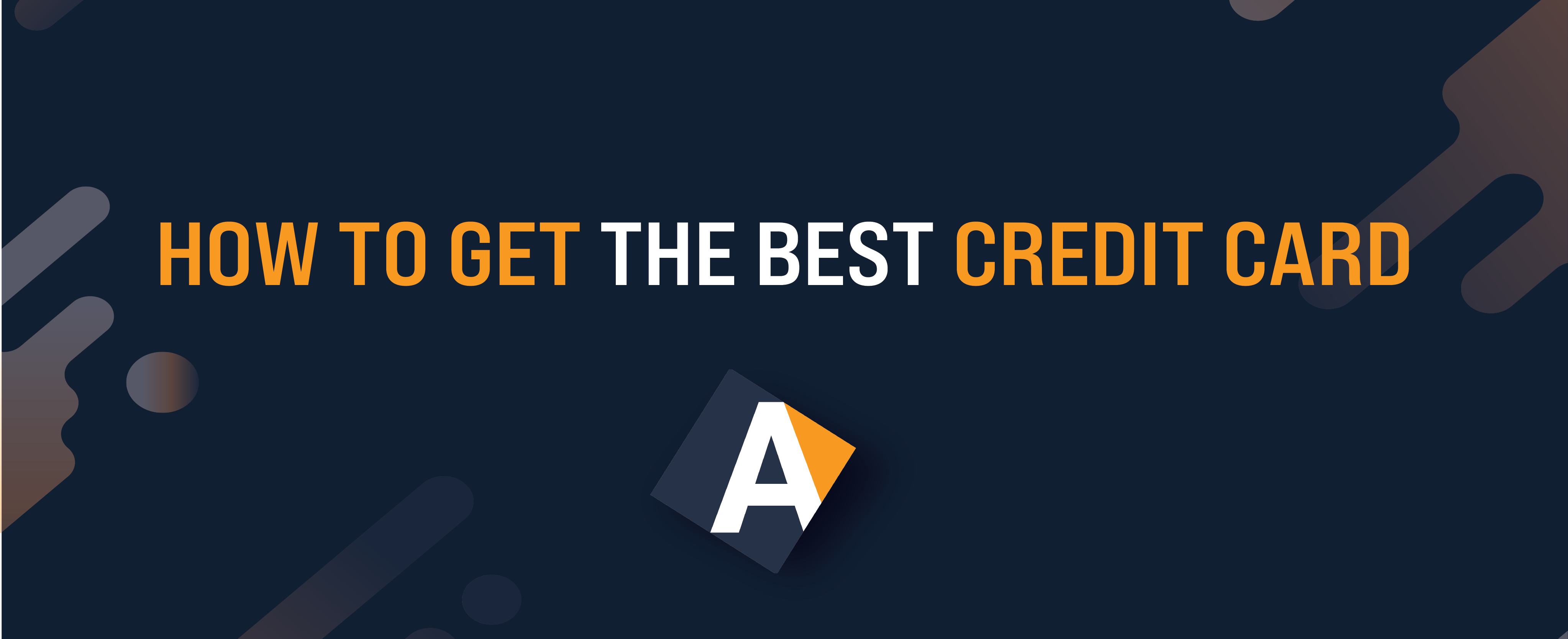Thinking about how you will use your credit card will help you compare the options and get the best card for you.
WORK OUT HOW MUCH YOU CAN PAY OFF EACH MONTH
Knowing this will help you choose the best-value credit card.
Knowing this will help you choose the best-value credit card.
- If you can pay the full balance each month
Consider a credit card with more interest-free days. This means you won't pay interest as long as you pay the balance within a set number of days (for example, 55 days). These cards may have a higher interest rate and an annual fee, but that could be worth it. - If you can't pay the full balance each month
Look for a no-frills card with a low or no-interest rate and a low annual or flat monthly fee
SET A CREDIT LIMIT YOU CAN AFFORD
When you apply for a credit card, your bank or credit provider will offer you a credit limit. This is the maximum amount they'll lend you, and it is based on your ability to pay it back within three years.
If you're worried about overspending, you don't have to take the full amount offered. Think about your spending habits and how much you can comfortably afford to pay back.
When you apply for a credit card, your bank or credit provider will offer you a credit limit. This is the maximum amount they'll lend you, and it is based on your ability to pay it back within three years.
If you're worried about overspending, you don't have to take the full amount offered. Think about your spending habits and how much you can comfortably afford to pay back.
WEIGH UP THE PROS AND CONS OF CARD OPTIONS
- Store cards: Store cards can be an expensive way to shop. You can only use them in that store, and they may have higher interest rates. Check if the benefits are worth the higher rate. If a store offers an interest-free deal, check when the deal ends. Also check the interest rate on new purchases (called the 'purchase rate'), as it may be higher than for other credit cards.
- Rewards programs: Credit card reward programs sound good — you get something back simply by spending on your card. For example, you could earn points you can use to buy movie tickets or flights. But cards with rewards programs often have higher interest rates and extra fees. They could cost you more than you get back. Check if the benefits you get are worth the higher cost.
- Extras like travel insurance: Some credit cards come with 'complimentary' extras like travel insurance for overseas trips. Be aware that extras are usually not free. The cost may be covered by higher interest or fees. Other cards offer 'cash back' (credit on your account) or discounts on goods or services. Weigh up if what you will get back is worth you paying more in interest or fees.
Tips: Consider the pros and cons of transferring your credit card balance to make sure it's the right move for you
COMPARE CREDIT CARDS
Compare credit cards from different companies to find the one that suits your needs.
Comparison websites can be useful, but they are businesses and may make money through promoted links. They may not cover all your options. See what to keep in mind when using comparison websites.:
- Honeymoon (or introductory) interest rate: the interest rate offered for a limited period of time at the start of a new credit card
- Purchase (interest) rate: the interest rate on things you buy (purchases) after the honeymoon period ends
- Interest-free days: the number of days you won't get charged interest on purchases
- Annual or monthly fee: fee you will pay every year or every month
- Rewards program fee: fee for using the rewards program
- Other fees: late repayment fees, cash advance fees (for cash taken out), fee if you go over your credit limit, fees for using for credit card to shop or travel overseas
Source: Money Smart
---
If you have difficulty with tax accounting, you can contact Allan & Co, we will help you out.
Email: This email address is being protected from spambots. You need JavaScript enabled to view it.
Phone: (02) 9709 5070



